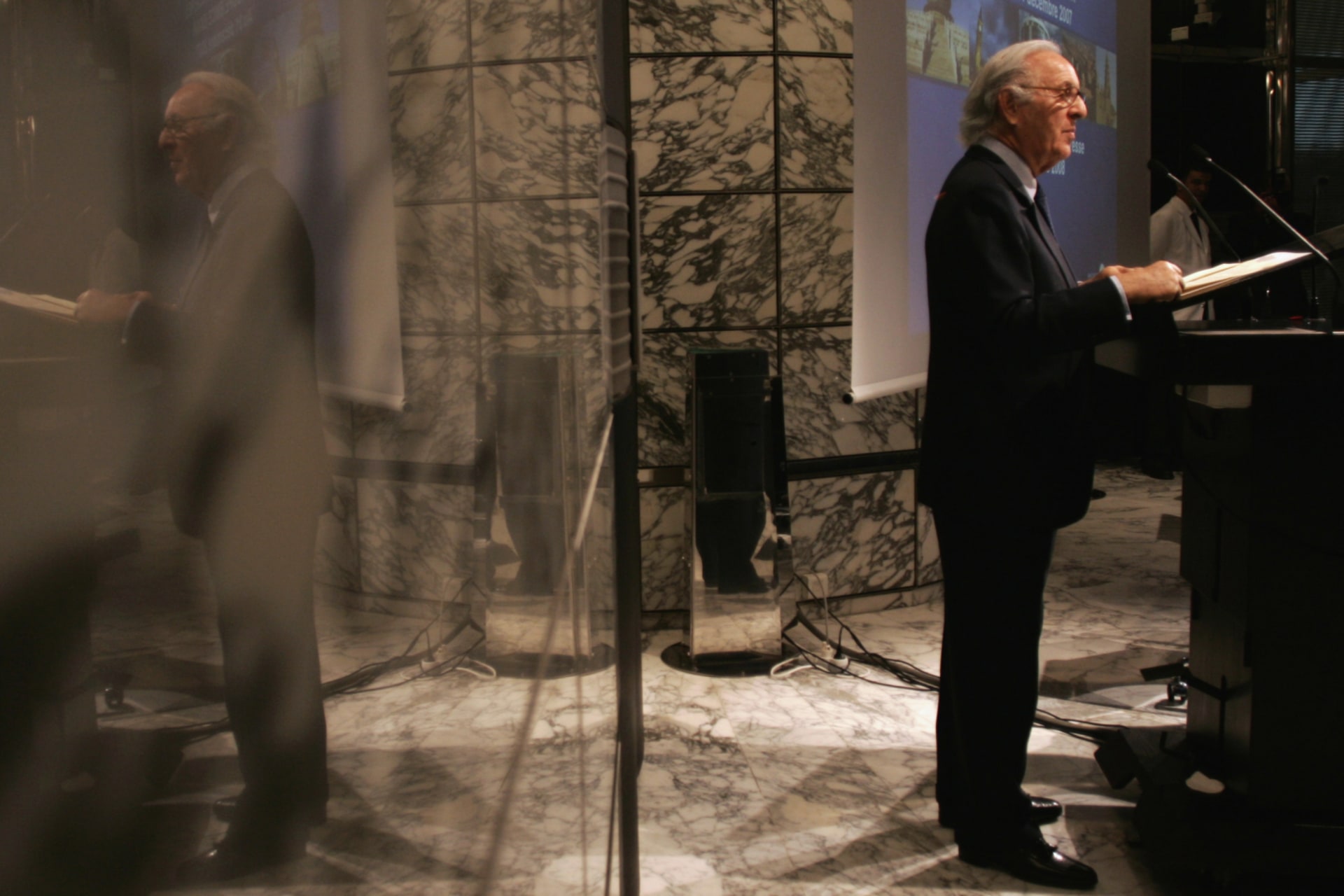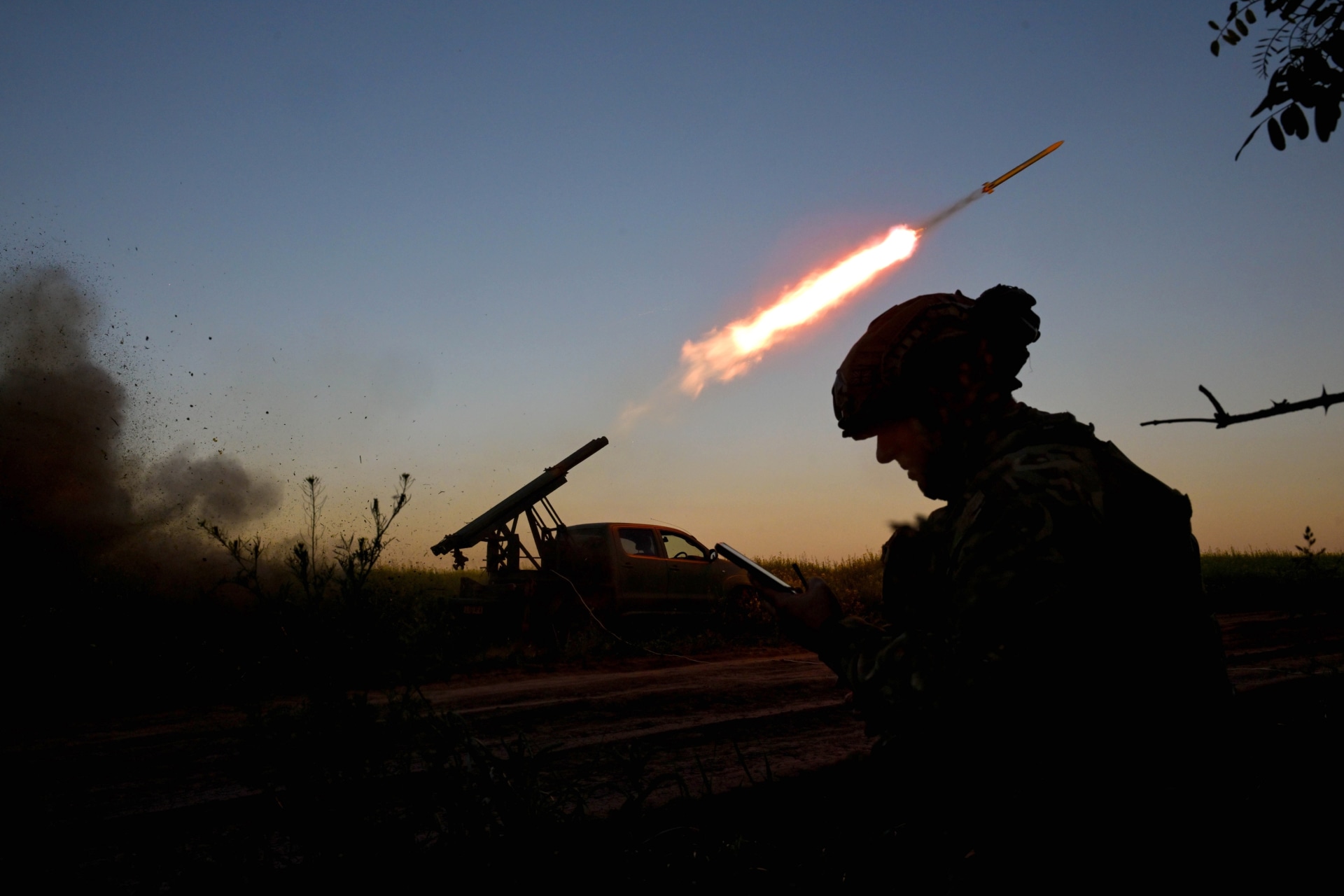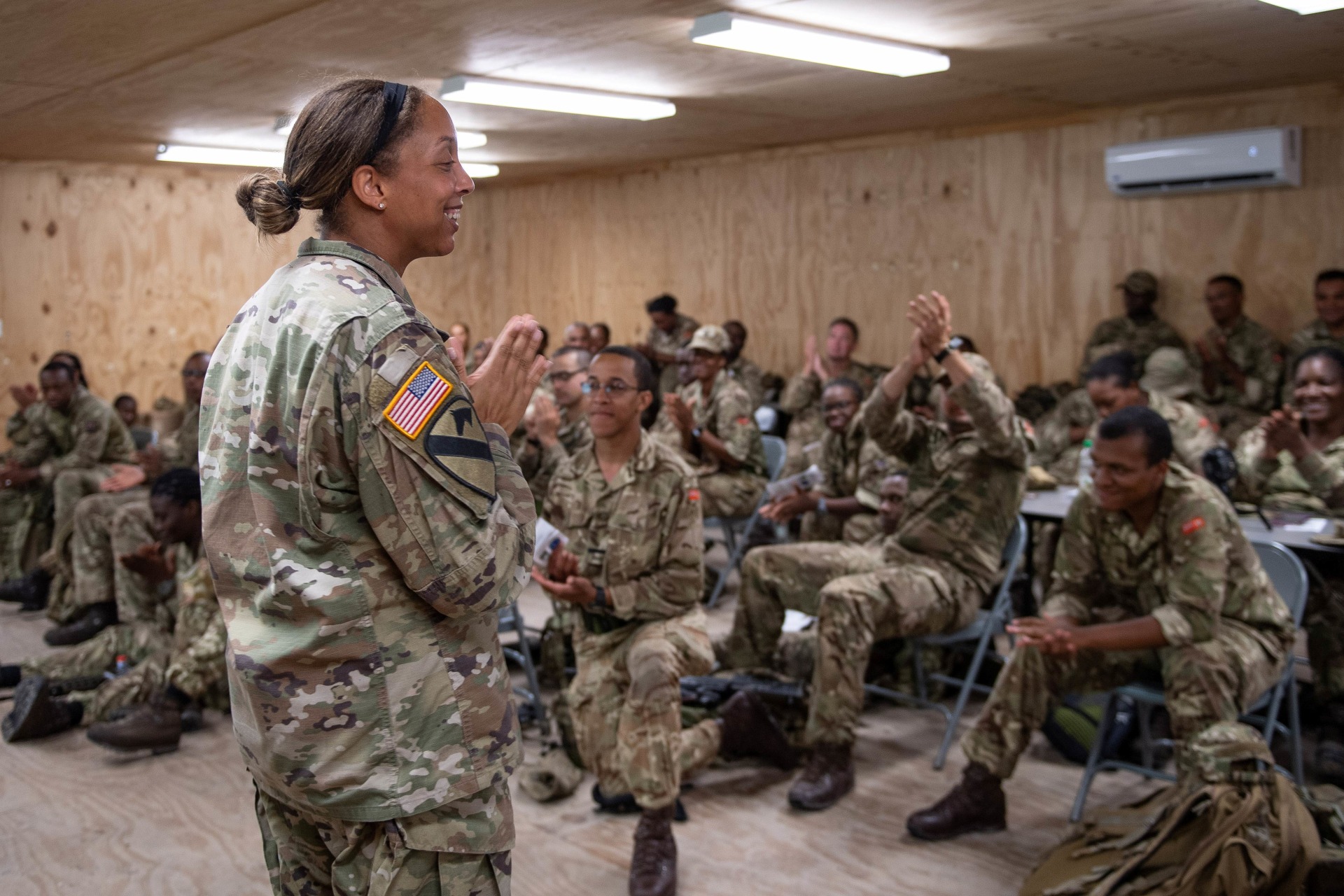Entrepreneurship in Postconflict Zones

BY
- Gayle Tzemach LemmonAdjunct Senior Fellow for Women and Foreign Policy
Overview
Economic development is a critical component of promoting stability and U.S. security interests, particularly in conflict and postconflict zones. Around the world, entrepreneurs who own small and medium-sized enterprises (SMEs) drive economic growth and jobs creation. Yet, when trying to expand and grow their businesses, SMEs—especially those owned by women—face several challenges in accessing capital, markets, networks, and business skills trainings. Often, nonprofit organizations, corporations, governments, and international institutions working on these issues address these barriers in silos. In this Working Paper, CFR Fellow Gayle Tzemach Lemmon argues for comprehensive, long-term, collaborative approaches to help entrepreneurs in conflict and postconflict countries overcome these challenges. Greater efforts should be made to share information regarding best practices and lessons learned among all parties working on SME development in fragile states, and solutions that appear to be working should be scaled up, such as business matchmaking services and financial products now in pilot stages (i.e., funds specifically reserved for SME lending). For those promoting peace, stability, and prosperity, supporting entrepreneurship should be a vital component of any reconstruction effort.t





